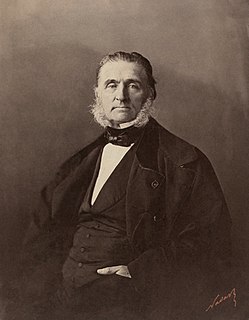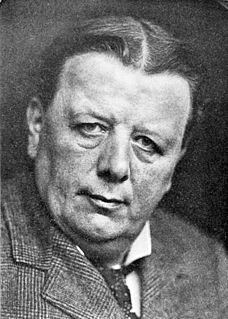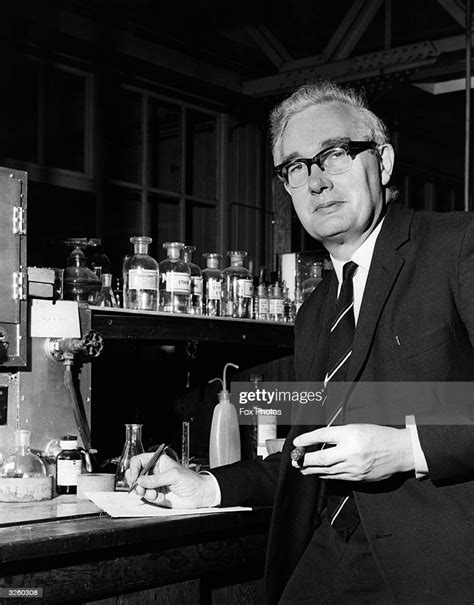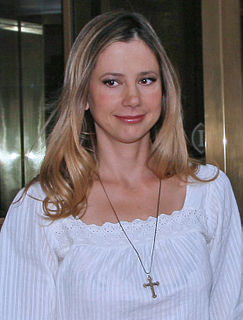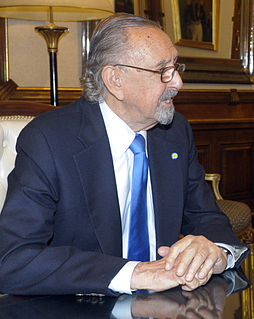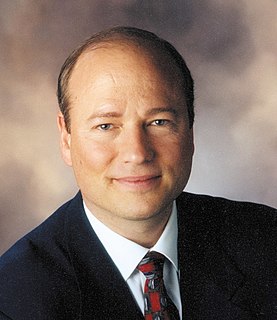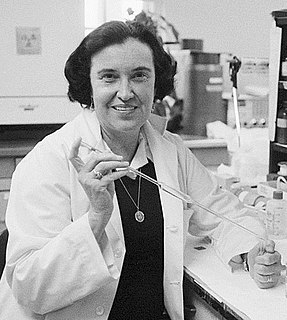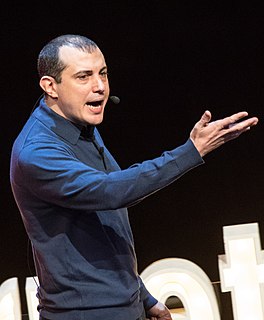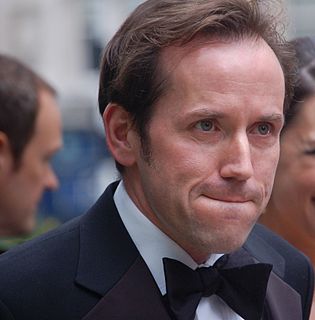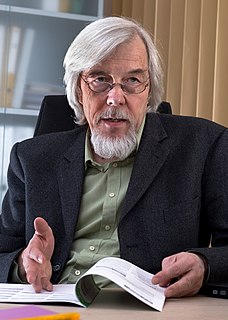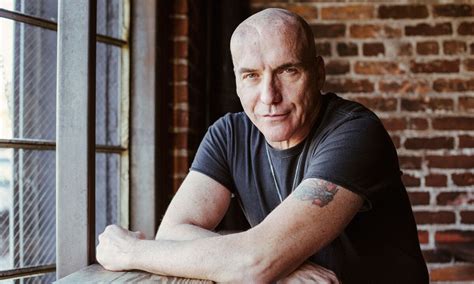Top 1200 Cognitive Science Quotes & Sayings - Page 18
Explore popular Cognitive Science quotes.
Last updated on April 20, 2025.
Through it [Science] we believe that man will be saved from misery and degradation, not merely acquiring new material powers, but learning to use and to guide his life with understanding. Through Science he will be freed from the fetters of superstition; through faith in Science he will acquire a new and enduring delight in the exercise of his capacities; he will gain a zest and interest in life such as the present phase of culture fails to supply.
The antagonism between science and religion, about which we hear so much, appears to me to be purely factitiousfabricated, on the one hand, by short-sighted religious people who confound a certain branch of science, theology, with religion; and, on the other, by equally short-sighted scientific people who forget that science takes for its province only that which is susceptible of clear intellectual comprehension; and that, outside the boundaries of that province, they must be content with imagination, with hope, and with ignorance
Round about the accredited and orderly facts of every science there ever floats a sort of dust-cloud of exceptional observations, of occurrences minute and irregular and seldom met with, which it always proves more easy to ignore than to attend to... Anyone will renovate his science who will steadily look after the irregular phenomena, and when science is renewed, its new formulas often have more of the voice of the exceptions in them than of what were supposed to be the rules.
The life and soul of science is its practical application, and just as the great advances in mathematics have been made through the desire of discovering the solution of problems which were of a highly practical kind in mathematical science, so in physical science many of the greatest advances that have been made from the beginning of the world to the present time have been made in the earnest desire to turn the knowledge of the properties of matter to some purpose useful to mankind.
You can lose a reader in a blink of an eye. If a person is an engineer or chemist or an anthropologist or whatever, you spoil the whole book for that person if there's obviously ignorance here. What's wrong with so much science fiction is that the science is so lousy that it isn't worth paying attention to.
My work on what is called 'deep reading' explores the range of linguistic, cognitive, and affective processes that underlie not only the emergence of creative thought when we read but also the development and strengthening of capacities like empathy and critical analysis that we can apply to the rest of our lives.


